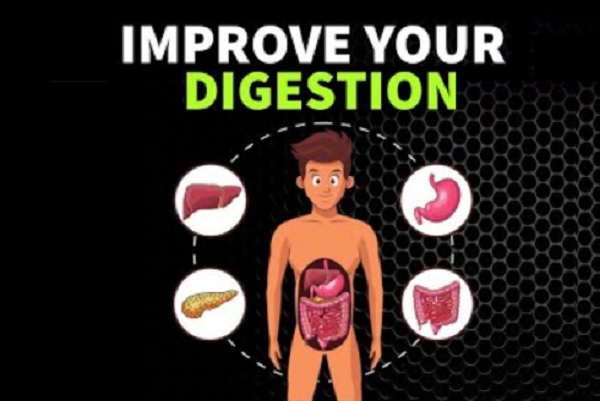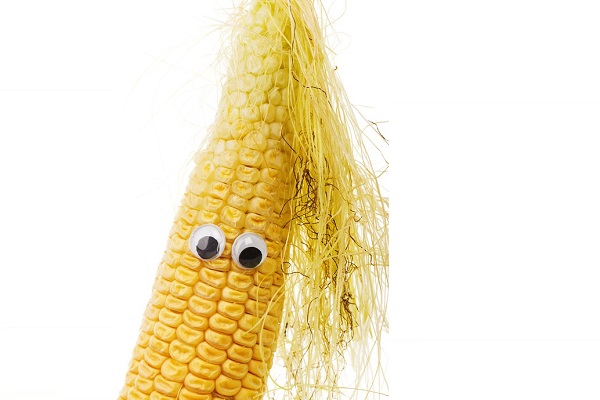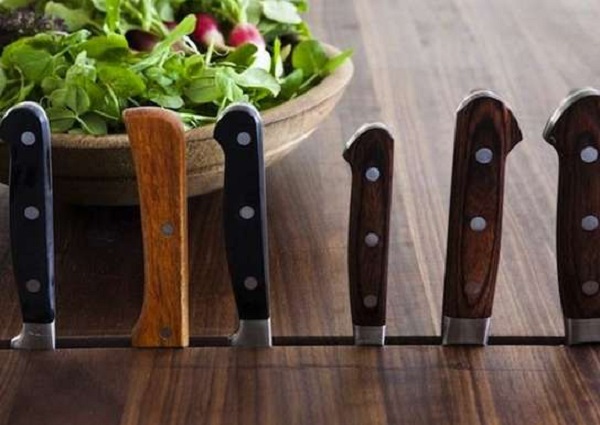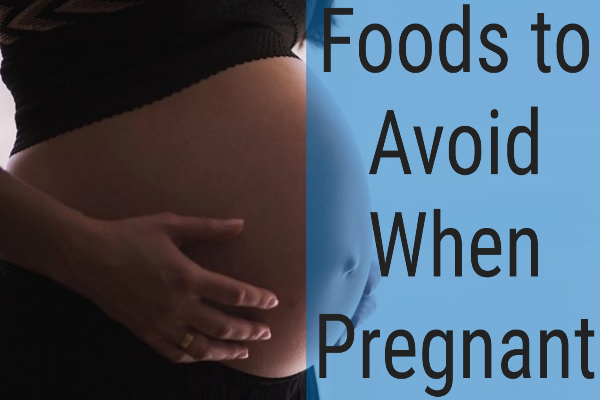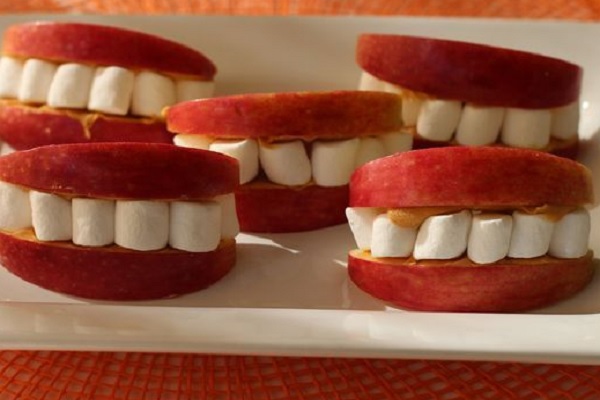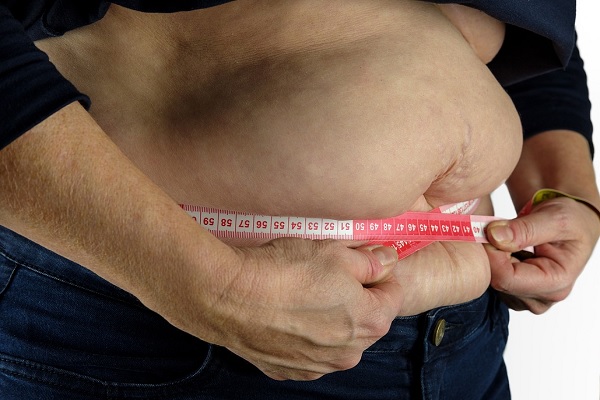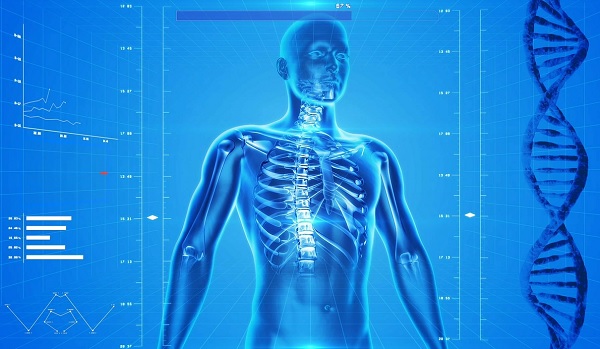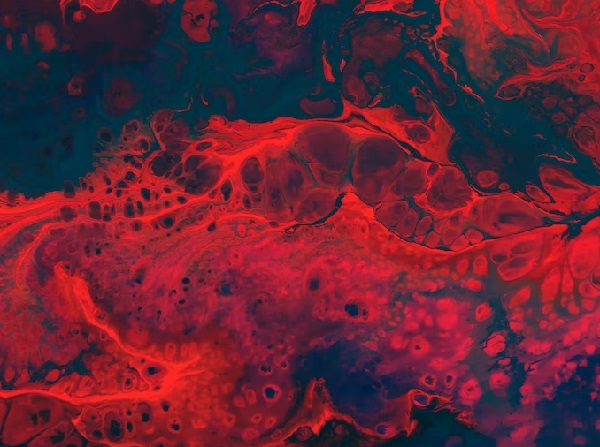
A drop in your blood count is a serious issue; it can be a sign of anaemia, an infection, or even bleeding. The stakes are higher for women, especially those who aren’t particular about iron and other nutrients in their diet, as the drop in haemoglobin could be more than usual, leading to weakness and poor routine performance.
While the count does bounce back post menstruation or pregnancy, some complications could cause delays. How does one regulate healthy haemoglobin levels? By trusting nature. We are blessed with foods that can help us maintain healthy haemoglobin levels without having to bust open the bank account.
Red Meat
When we look at foods that can boost your haemoglobin we are looking for rich iron content. When it comes to red meat, you will find heme iron (or iron that is well absorbed) and the best part about it is that it can be easily absorbed in the intestine. But let’s not go binge on red meat, you don’t want to be down with a cardiovascular disease that could result from overeating or higher fat content. As with all else, a balanced diet is the key here.
Low-fat Dairy Products
Milk and dairy products, such as cheese and yoghurt, are great sources of protein and calcium and they can also form part of a healthy, balanced diet. Oh, and of course they do improve your haemoglobin.
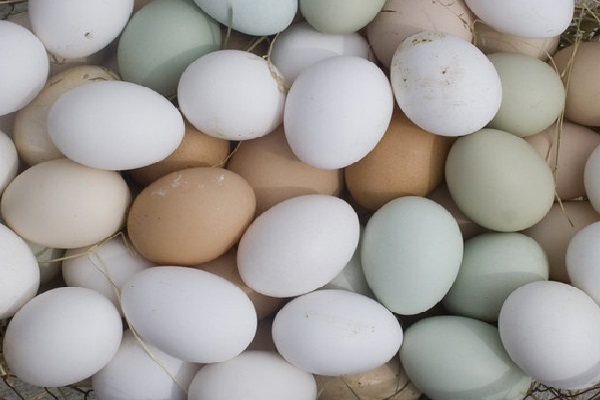
Eggs
The versatile egg continues to grow in popularity. They’re a well-known breakfast staple, but eggs are also great additions to lunches, snacks and even dinners. Low iron levels are a common concern for blood donors, so you might be wondering if eggs are a good source of iron to help you out.
Rice
Rice fortified with iron has shown to provide weekly increases in haemoglobin levels and it even reduces anaemia in infants!
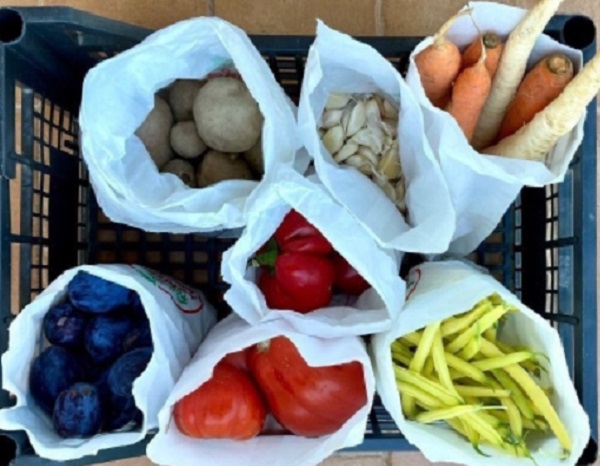
Veggies
Beetroot, palak or spinach, green peas, rajma or kidney beans, cabbage, turnip, sweet potato and cauliflower are some vegetables that are easily available in the Indian market. If you have access to imported veggies try out broccoli, lima beans, collards and black beans. Beetroot is the best natural remedy to boost blood count, it has the ability to regenerate iron content and activates red blood cells, supplying fresh oxygen to the blood.
Fruits
Raisins, prunes, dried figs, apricots, apples, grapes and watermelons not only get the red blood cells flowing but also improve the blood count. Citrus fruits like oranges, amla or Indian gooseberry, lime and grapefruit help to attract iron. They play a very important role in increasing blood count.
Nuts
Some of us like them, some don’t, but all nuts have some amount of iron in them. The king of all nuts with the highest iron content is the humble almond. One ounce of almonds every day provides 6% of iron. Dry fruits and nuts can be purchased from any provision store in cities and towns. In fact, the good news is that almonds are the cheapest of all the other nuts and dry fruits available to us; a definite sign that Mother Nature does care.
Peanut butter
Peanut butter is a rich source of healthy fats, protein and iron. It can work well in treating anaemia. To get the most of its health benefits, include peanut butter in your daily diet. Spread some peanut butter on your morning toast and eat it along with some fresh orange juice
Black-eyed Peas
Health benefits of Black-eyed Peas include weight-loss wonders, contains important vitamins and minerals for health, heart health, power of protein, helps combat anaemia, helps decrease the risk of pancreatic cancer, helps keep diabetics on an even keel, regulates blood pressure, keeps your bones strong, keeping your nervous system healthy, reduces indigestion, and strengthens eye tissue.
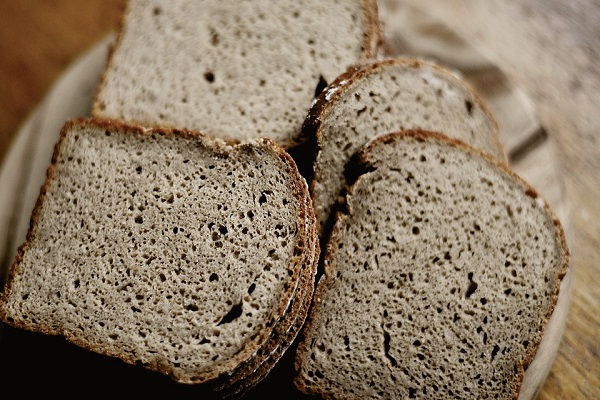
Breads, Pasta, Cereals
Check the labels on wholegrain breads, pastas, and cereals; Each pack must contain 20% or more of the daily value for iron. Whole grains offer many health benefits for which everyone must try to incorporate them into their daily diets. Here’s one more reason to continue doing so, whole grain is a rich source in iron.
